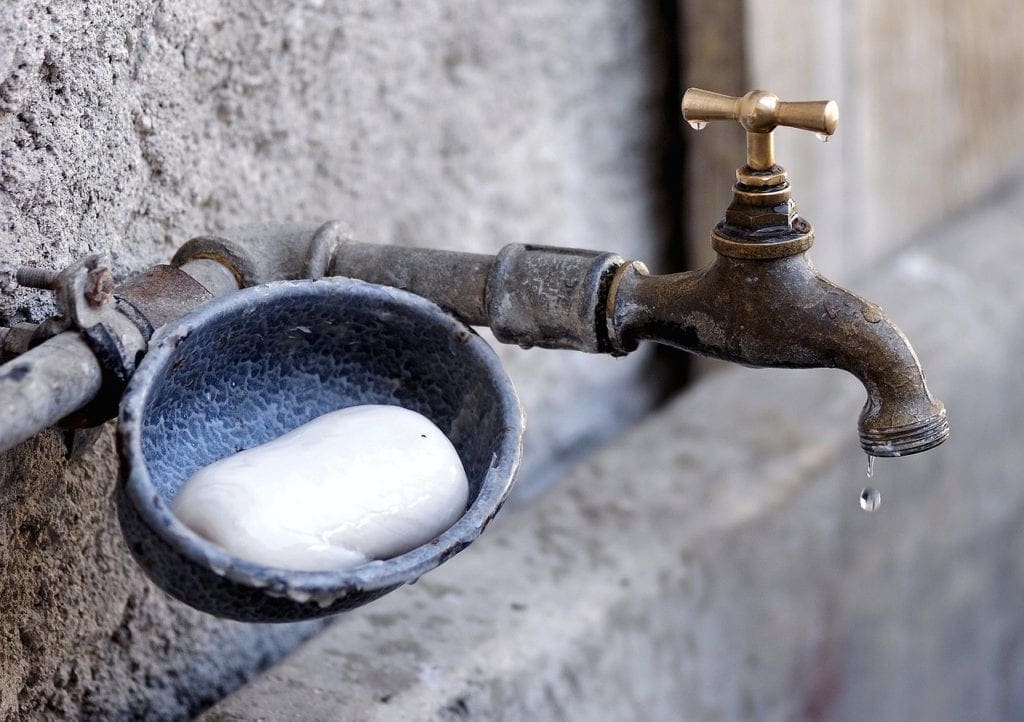The State of Michigan spent $3.2 million taxpayer dollars to provide Flint residents with bottled water between October 2017 and February 2018.
The state has spent more than $350 million since residents started suffering with high levels of lead in the city water. And that’s on top of the $100 million provided by the federal government – an expensive reminder of government negligence.

Now, the state is announcing it will no longer provide residents with bottled water. In response, churches and charities are vowing to step up, because a number of people still complaining about the city’s water.
And while Gov. Rick Snyder said Friday that the state has “done a lot” to mitigate the crisis, the reality is that residents are not really buying it.
Michigan Live reports that both Flint officials and city residents criticized the governor for putting an end to the bottled water service. As such, it’s clear that locals no longer trust their government after their water supply was contaminated from lead for 18 months thanks to the city’s decision to use river water, which eventually leached lead from the pipes into Flint’s drinking supply.
So when the governor announced the state was no longer going to give residents aid, adding that a lot had been done and that the water supply had “stabilized,” residents called his bluff.
“My water stinks. It still burns to take a shower,” Flint resident Melissa Mays told reporters. “There’s no way they can say it’s safe.”
According to charity groups working on the ground, they are doing everything they can to do for residents what the state can’t. Still, more donations are needed.
“Normally we give out whatever a family wants,” Bill Quarles, a deacon of the First Trinity Missionary Baptist Church, said. “But now we may have to limit that until more supplies come in.”
Much like in the beginning of the crisis, when major companies stepped up to help Flint residents, local charities continue to help as much as needed — and without demanding anything in return.
But this reality isn’t anything new.
Time and again, we hear the same story. Government fails, tragedy strikes, and the market fixes it. Despite this cycle happening repeatedly over the decades, many still have a hard time understanding that the pattern will continue for as long as we rely on the government to take care of our “basic” needs.
Because the state isn’t interested in meeting the market’s demands, it is incapable of even doing charity right. That’s a reality whether you’re looking at places devastated by natural disasters or man-made ones.
So when it comes to Flint, private organizations will continue to help, no matter how long it takes to remedy the ongoing water crisis. However, it’s clear that no matter how serious a problem might be for a community, government seldom delivers.

























